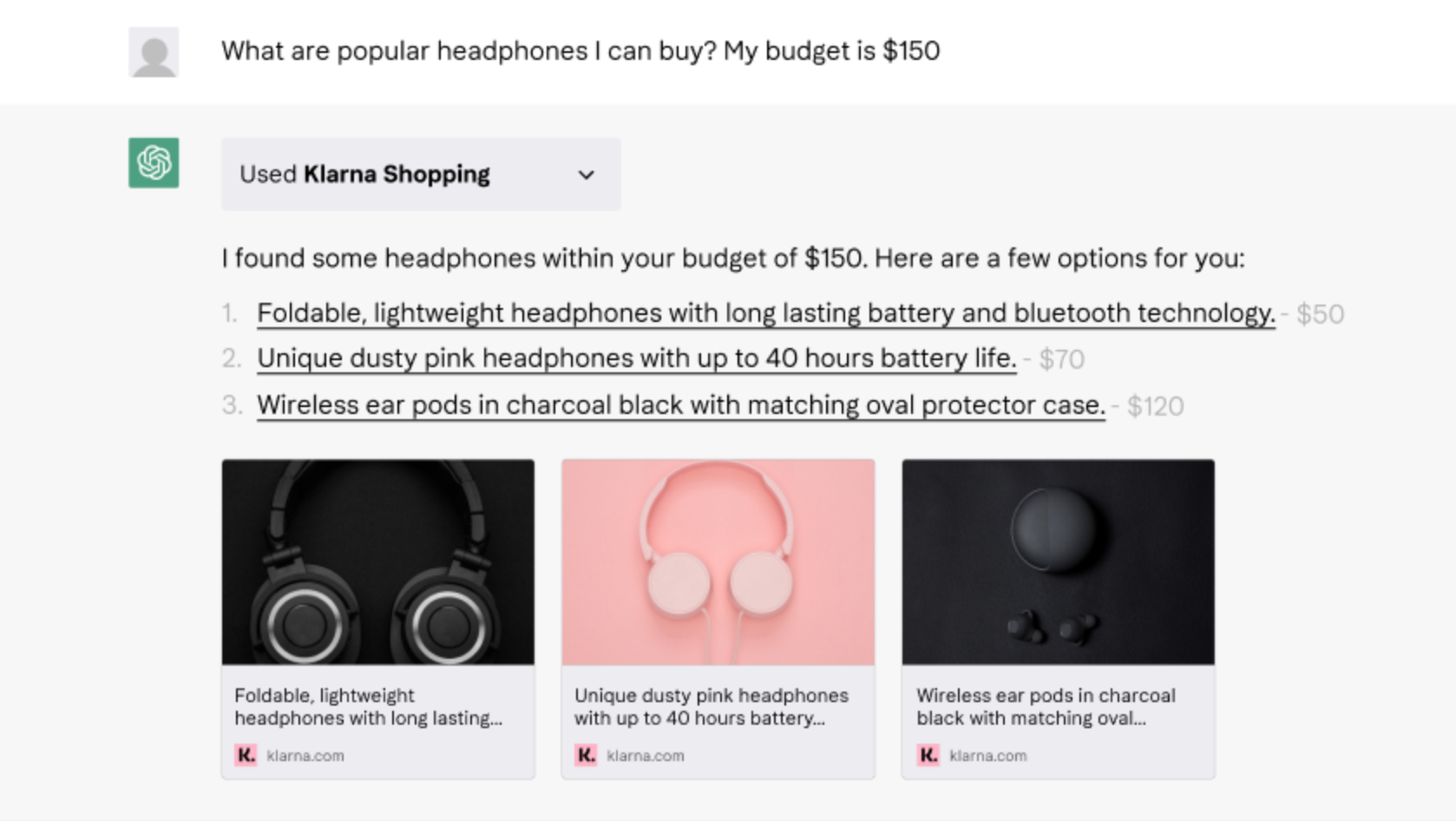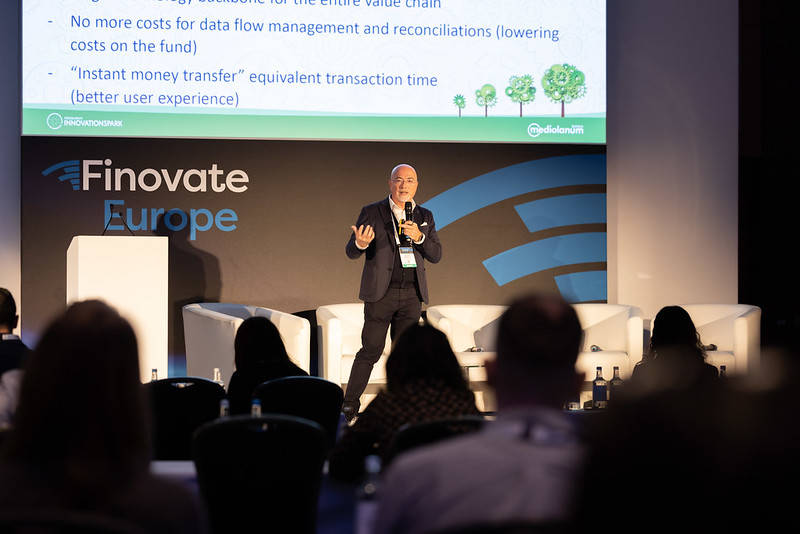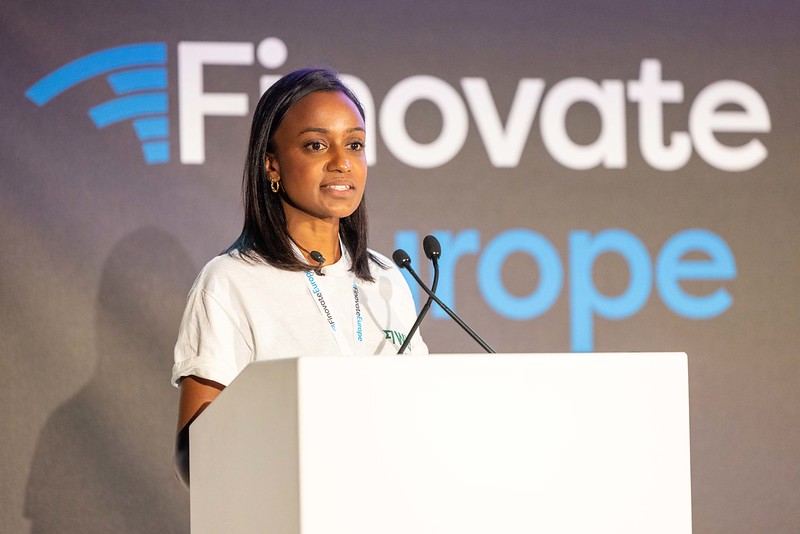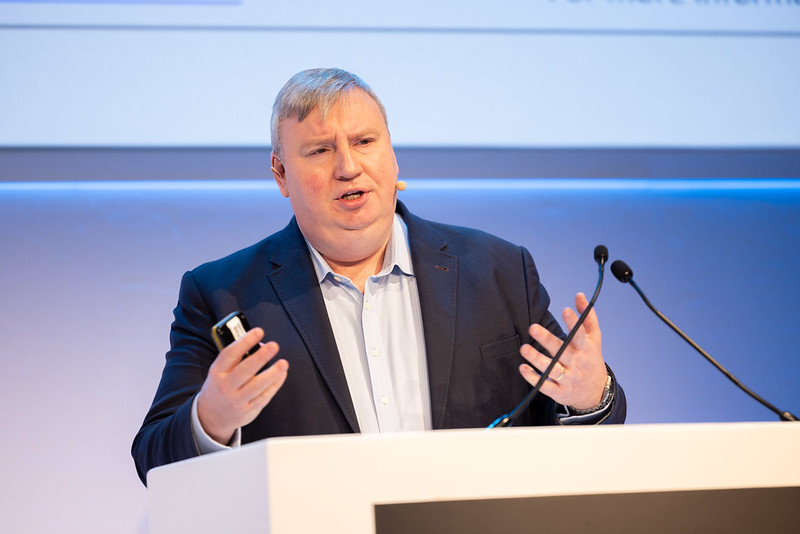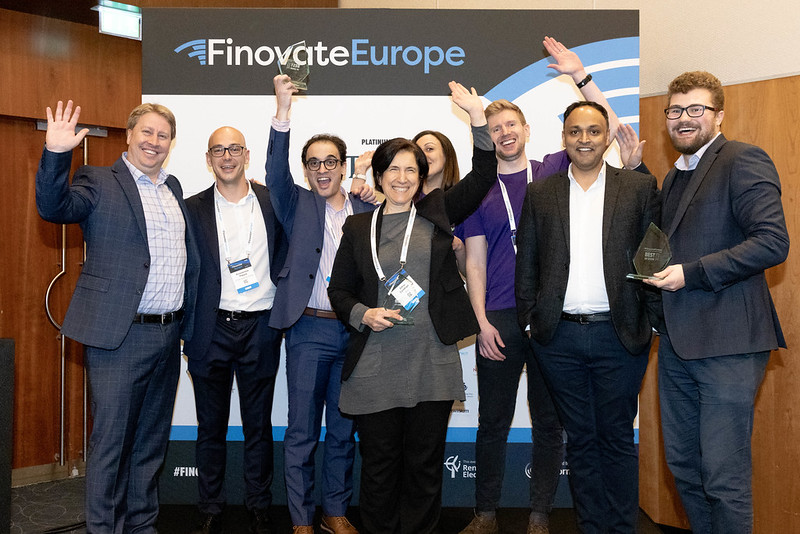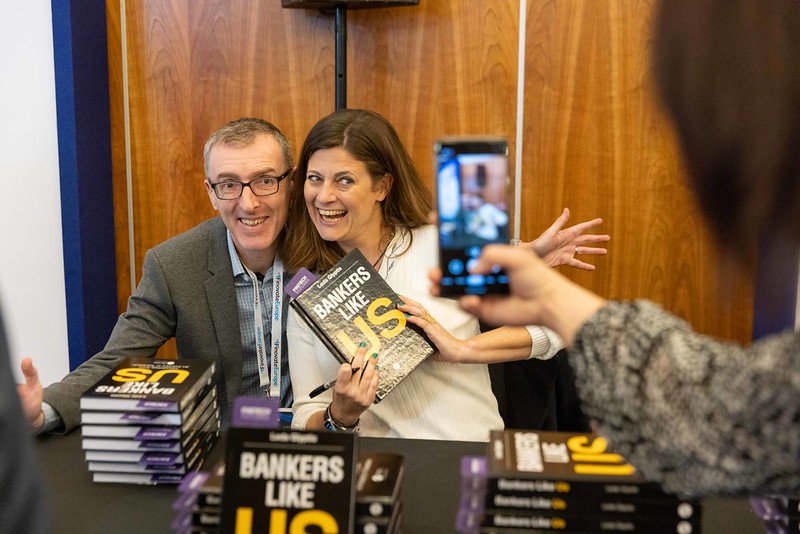
SoFi is saying, “Welcome home!” to Wyndham Capital Mortgage this week. The California-based fintech acquired the mortgage lender yesterday in an all-cash transaction for an undisclosed amount.
Headquartered in North Carolina and founded in 2001, Wyndham Capital has worked with more than 100,000 borrowers.
SoFi, which is acquiring Wyndham Capital’s technology and its employees, expects the purchase will broaden its mortgage-related offerings and minimize its reliance on third-party partners and processes.
“At SoFi, we’re on a mission to help people get their money right and purchasing a home is often one of, if not the, biggest financial decision individuals make in their lives,” said SoFi CEO Anthony Noto. “Today’s acquisition of Wyndham Capital will not only allow us to scale and keep pace with accelerated growth, but also allow us to foster that growth in a way that brings value to our members through sales and operational efficiencies and helps members get their money right when it comes to one of life’s most significant financial milestones.”
SoFi, which presented at Finovate’s developers conference in 2017, launched in 2011 to disrupt the student lending market. Since then, the company has added a variety of banking products– including personal loans, auto refinancing, credit cards, investing, checking, savings, insurance, and others– to become a more holistic banking option for consumers. SoFi sealed its status as a bank last January, when it received approval from the U.S. Office of the Comptroller of the Currency (OCC) and the Federal Reserve to become a bank holding company.
It’s a reasonable time for SoFi to double-down on mortgages to diversify from its flagship offerings, student loans. The company may be starting to feel heat from the loss of revenue from its student loan refinancing tools. In fact, SoFi went to such an extreme last month as to sue the Biden administration for its continued pause on federal student loan repayments. The fintech argues that the moratorium, which has been extended eight times over three years, has no legal basis.
SoFi estimates it has lost $6 million in profits from the latest extension and, expects losses to total $30 million if the moratorium continues through August. “In essence, SoFi is being forced to compete with loans with 0% interest rates and for which any ongoing repayment of the principal is entirely optional,” SoFi argues in the lawsuit.
The lawsuit is currently being challenged in the Supreme Court and is expected to be resolved by June.





